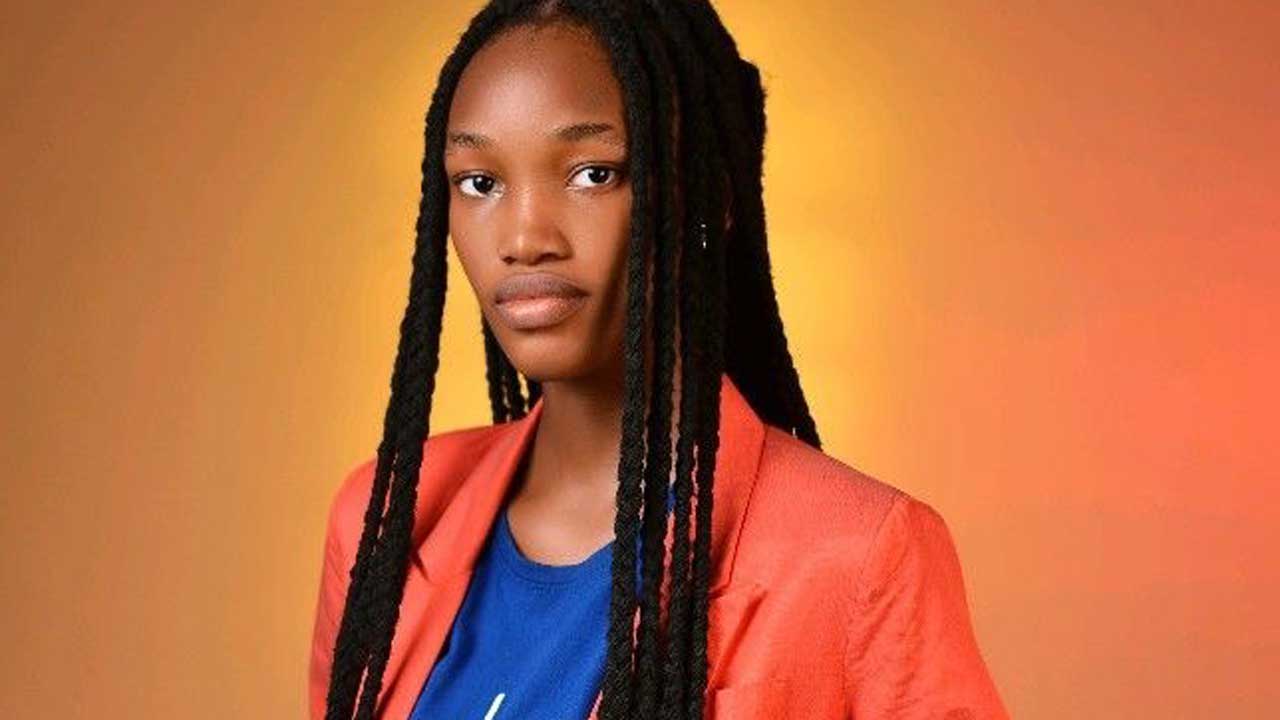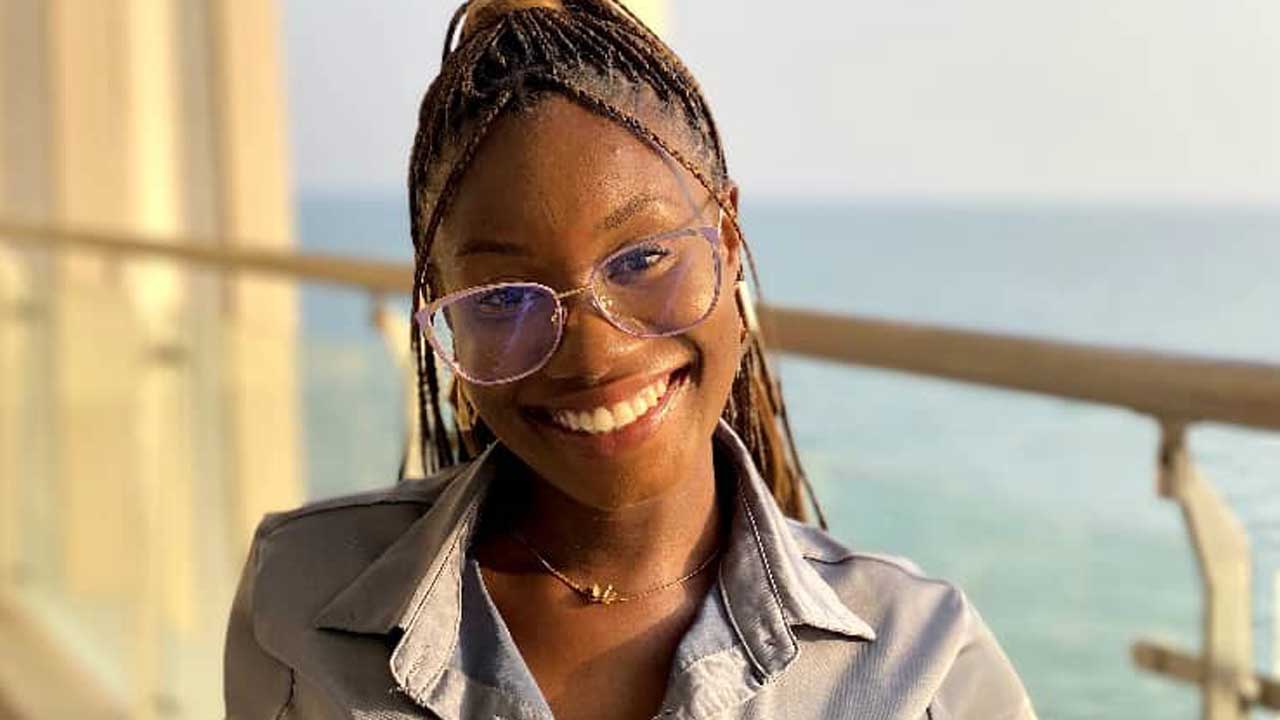Poised to improve women and girls appreciation of cybersecurity, Africa’s largest free cybersecurity training, mentoring and internship programme, CyberGirls Fellowship, has opened its doors for its cohort three.
According to the Founder/Executive Director of CyberSafe Foundation, the organisers of the fellowship, Confidence Stavely, CyberGirls started off as a cybersecurity up skilling programme for girls in Nigeria.
Stavely said the organisation had provided training and mentorship at physical centres in Cross River, Adamawa, Kaduna, Enugu, Kogi and Oyo states.
“We trained 120 girls in this first cohort. We then expanded the programme to six other African countries and trained 300 girls between the ages of 18-28. This second cohort graduated in October 2022. For our third cohort, we opened our doors to applications from girls aged 18-28 who can speak English, and we received over 20,000 applications from young women living in 45 African countries,” she said.
[ad]
Sharing their success stories, many beneficiaries of the programme, saying it enabled them to secure decent employments.
Abigail Inyang, a penetration tester in Nigeria who graduated from the CyberGirls programme but now works for a corporation in the United States, said she became a member of the CyberGirls Fellowship in her hometown, Calabar, Cross River State.
Inyang said she graduated in February 2022 as one of the top students in the penetration testing (ethical hacking) major.
Since graduating from CyberGirls, Inyang has spoken at multiple events and presented live demo presentations (for educational reasons only) on hacking WPA2 Wi-Fi wireless networks, SQL injection and more, and interned at a cybersecurity consulting company in Botswana.
Blessing Duru said she learned about CyberGirls in her final year at the University of Nigeria, Nsukka, from a fellow student who praised it as a great way for women to get free cybersecurity training. She said she was hired by a top cybersecurity consulting firm in Africa just after finishing the programme.
“If you had told me two years ago that I will be making this much at this moment in my life, I won’t believe you. My whole outlook on life, mentality and thinking has shifted,” Duru said.
On her part, Victoria Robinson said she was poised to equip herself with digital abilities, adding that her ultimate goal has been to inspire the next generation of strong women leaders in the cybersecurity field. She is currently employed as a Security Operations Centre Analyst at InfoPrive Group, where she is tasked with keeping the networks of some of Nigeria’s most prominent companies secure.
For Stavely, “Girls like Abigail, Blessing and Victoria are living proof that if we build bridges out of poverty, provide disruptive cybersecurity education and reduce inequalities, women and girls will have all it takes to soar in technical careers like cybersecurity.”
She added: “We have so far trained over 400 girls in Nigeria, Kenya, Rwanda, South Africa, Egypt, Ghana and Zambia, most of whom are now gainfully employed in decent jobs. I’m personally very excited that in our third cohort starting in March this year, we will welcome girls from over 20 countries across Africa.
“The more we provide advanced digital skills capacity building programme to women, the more sustainable the prosperity of the digital economy will be. We hope to continue to play a major role in significantly inspiring and driving inclusion in Nigeria and Africa’s digital eco-system at large.”
[ad]





